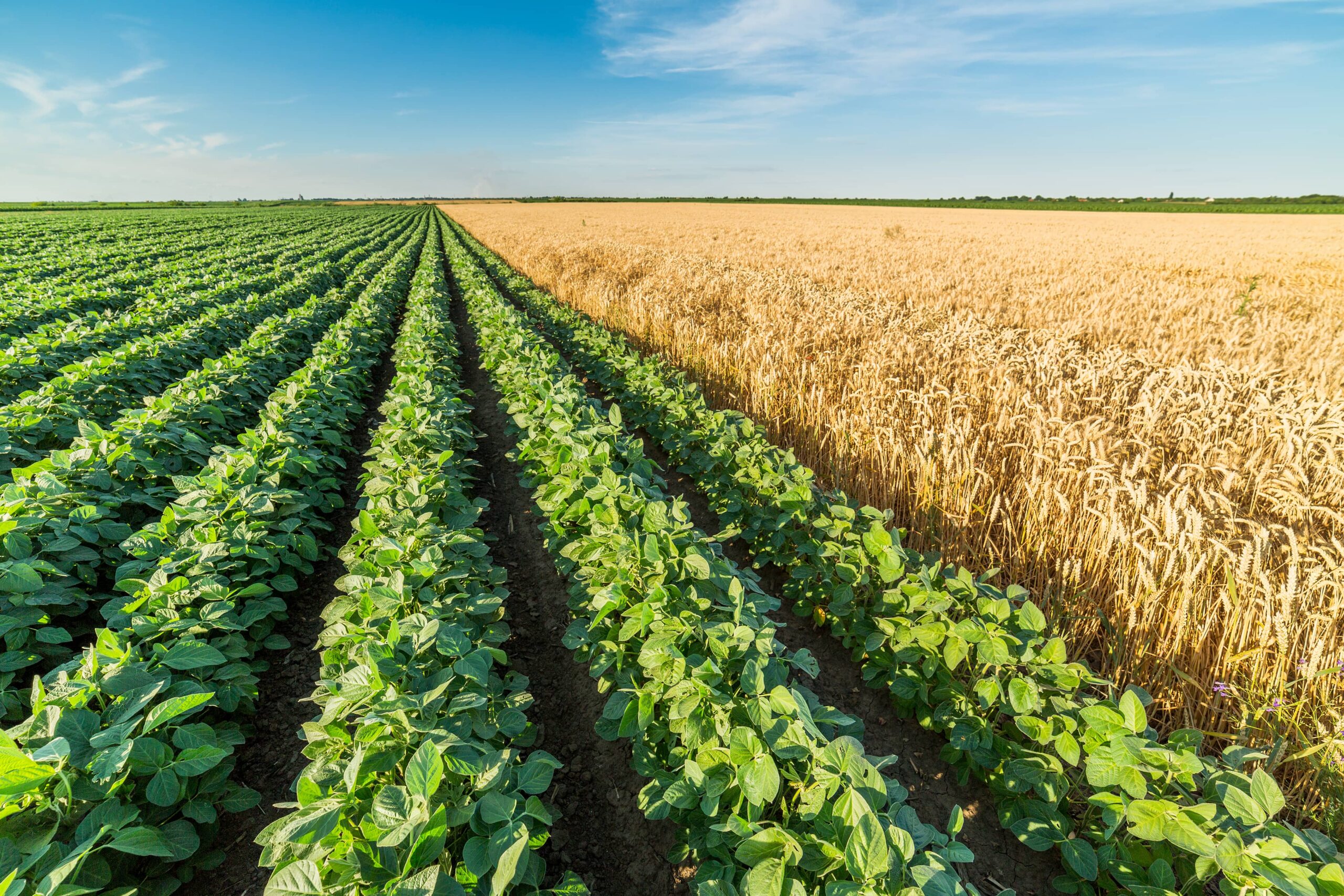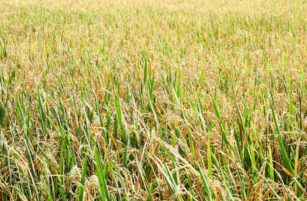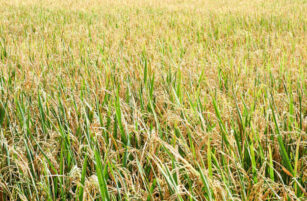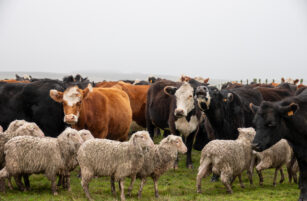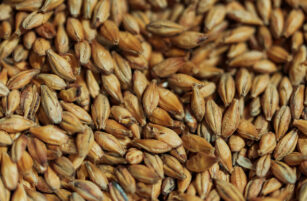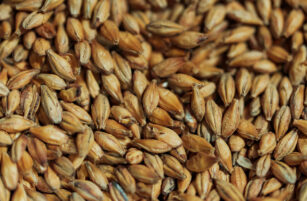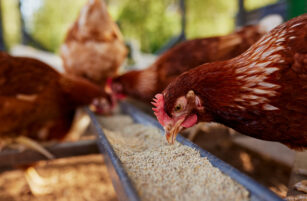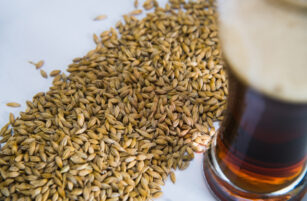Insight Focus
- Pests, hitting a yield celling have forced China to look to GMO crops to boost food security.
- Chinese govt is making it easier to commercialize GMO varieties domestically.
- Grain output in China would increase once most farmers adopt new varieties.
Using genetically modified (GMO) seeds is a sensitive topic in China because of consumer distrust. “Non-GMO” is still a marketing strategy for most agricultural products. However, the pressure to bolster food security has forced the Chinese government to consider easing the strict laws on GMO seeds.
As early as November 2021, the government quietly stated in a news conference that it would loosen the restrictions on GMO maize and soybean seeds. This was long before Russia’s invasion of Ukraine.
In April, state broadcasters aired a series of documentaries about seed research in Hainan Province, and state newspapers published long commentaries on the importance of seed security, even putting seeds on the same level of importance as microchips and semiconductors. However, will GMO seeds help China fulfil its seed security ambitions?
Crop Yield in China Have Reached Its Limits
One key aspect of food security is self-sufficiency in seeds. We have discussed how Russian agriculture is vulnerable to sanctions preventing seed imports.
Now China too is seeking to raise its domestic seed security. By the end of this year China will hold 70% of the world’s maize and 40% of its soybean reserves. China is also trying to boost its domestic maize and soybean production. However, it faces two main challenges.
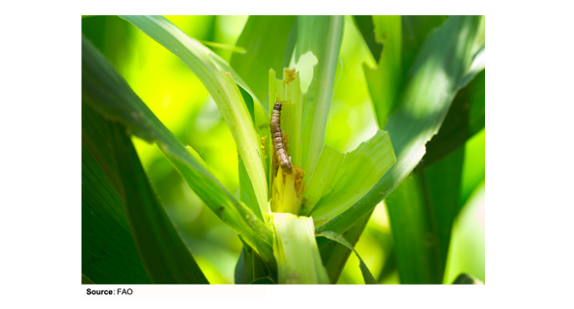
The first obstacle is pests and disease. Spodoptera frugiperda, or fall armyworm, has plagued a third of China’s maize fields due to an increase in temperatures in northern China. The same pest caused large-scale maize failure in Africa, Asia, and North America in 2019, and in China they are becoming more pesticide resistant. Hybrid maize varieties planted in China are becoming less resistant to armyworm infestation.
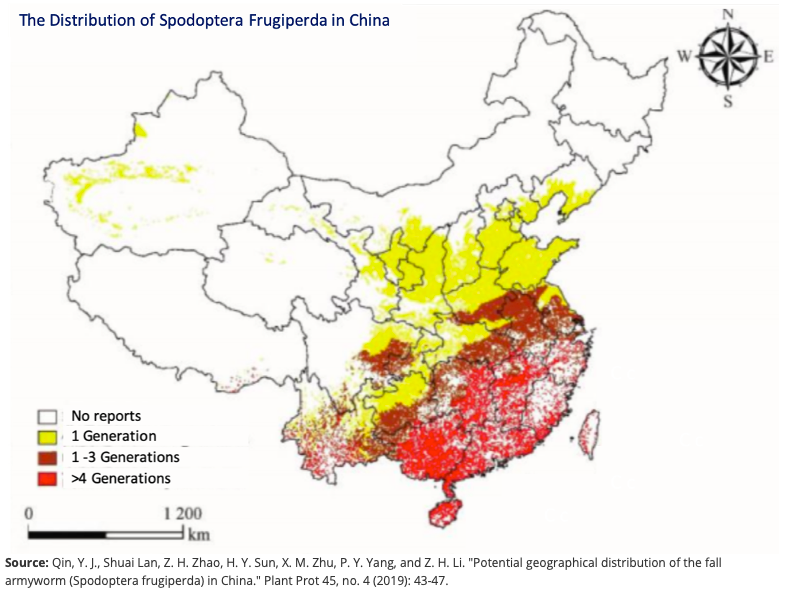
Another obstacle is that it has become increasingly difficult to increase yields using new hybrid varieties. Chinese maize and soybean yields have peaked after years of improvements to agricultural infrastructure and the adoption of new hybrid varieties.
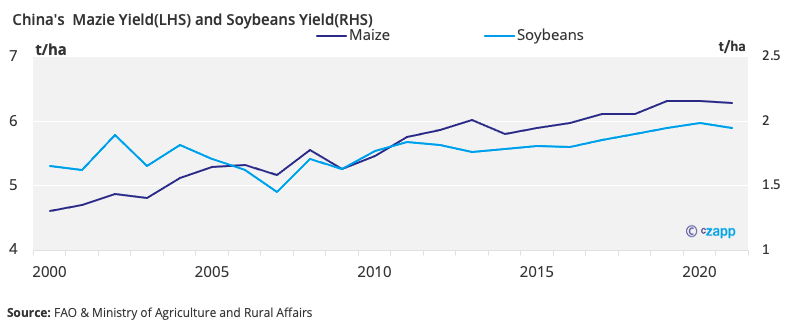
Countries which have adopted GMO seeds have far higher crop yields than those which haven’t. Most of China’s grain imports from the Americas are GMOs. The logic of this means China should grow GMO crops at home to enhance food security.
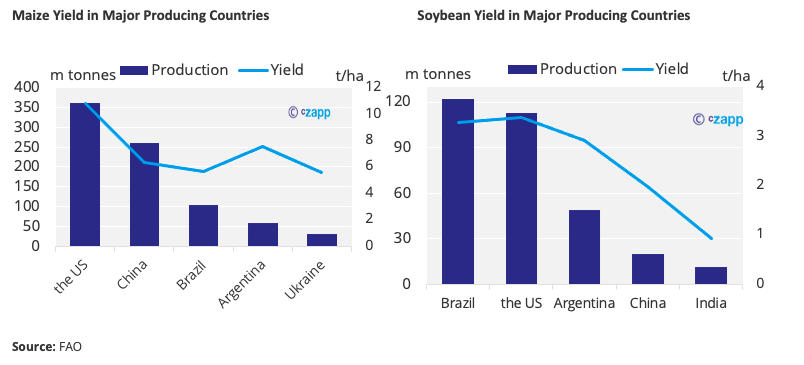
GMO is the Solution But…
Although the Chinese government sees GMO crops as a solution for food security, Chinese consumers are still reluctant to buy food containing GMOs. Every year China imports tens of millions of tonnes of soybeans, and in 2021 imports hit 100 million tonnes.
Most of those soybeans are GMOs, many of which are crushed to make oil and meal. However, manufactures in China still brand those products as “Non-GMO” to please consumers. This makes the government very conservative about approving commercialized GMO seeds. As of April 2022, the only GMO crops in Chinese fields are cotton and papaya.
In 2007, American Vanguard entered China and introduced No.335 Hybrid Maize (Xianyu 335) and after 3 years this variety became the second largest variety in China. This variety met with widespread public suspicion that it might be a GMO crop after some farmers said that they had saw dead rats and birds in the fields, which later was confirmed to be caused by the misuse of pesticides. However, the government still removed this variety from planting guidelines in 2012. This also caused the commercialization of China’s first GMO maize seed in 2009 to fail.
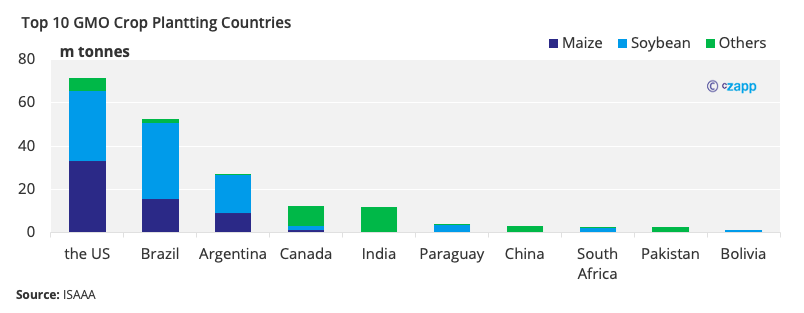
The Chinese government is also concerned that opening the GMO seed market too early would only benefit major international companies, which is the opposite of food security.
Changes in Regulation and the Future
On November 12th 2021, the Ministry of Agricultural and Rural Affairs announced that maize and soybean seeds could be commercialized if they passed a one-year trial. Previously they had to be trialled for at least three years. In January 2022, the ministry approved four GMO maize seeds from Chinese companies, saying they had passed the one-year trial and could be commercialized. There is talk in the industry that the ministry will approve some GMO soybean varieties soon.
The usual manufacturing period of a seed is one year, which means we could see GMO maize in China’s farmland as early as early 2023. The adoption of new varieties will be lengthy process but China’s maize and soybean production will definitely increase.
Although there’s no timetable for importing GMO grain seeds from foreign manufacturers, the ministry did say that once the legal framework on the use of GMO grain seeds was in place, the country would consider importing foreign seeds after careful inspections and laboratory tests.
Any increase in Chinese domestic production increase needs to be taken into account by grains exporters. For seed producers, a GMO-friendly China would be a business opportunity that could not be ignored.
Other Insights That May Be of Interest…
Ukraine Crisis Adds Another Twist to Sudan’s Food Insecurity Spiral
Egypt to Boost Wheat Production with Black Sea Disruption
Explainers That May Be of Interest…
